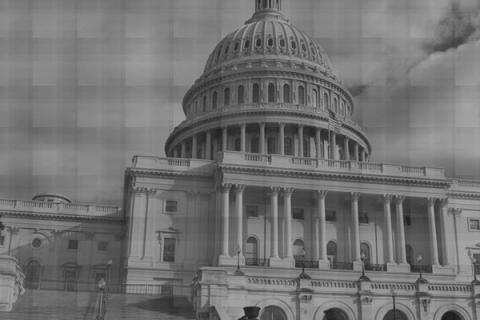As part of a legal deal struck Thursday by federal regulators and state water contractors, pumping restrictions in the Sacramento-San Joaquin Delta, put in place to protect the endangered delta smelt, will be loosened for the next four months. The settlement should allow Central Valley farmers and residents to receive more water, unless the new pumping privileges are shown to harm the fish.
Delta smelt, tiny salmon relatives that only inhabit Northern California estuaries, have been the subject of Endangered Species Act protection lawsuits since they were put on the endangered species list in 1993. Contracted water deliveries to Central Valley communities from the Sacramento-San Joaquin river delta have been heavily regulated for fear the smelt will be sucked into pumps.
This week's announcement of a temporary truce between the sides stems from a decision rendered in December by U.S. District Judge Oliver W. Wanger in which the U.S. Fish & Wildlife Service was ordered to rewrite the rules governing pumping from the delta. The judge found the rationale behind key parts of the federal agency's “biological opinion” to be flawed.
The settlement, set to end in June, gives water contractors more latitude with operations as fewer conditions will be in place that would otherwise curb pumping. The agreement also allows environmental organizations and water contractors to participate in weekly Interior Department meetings carried out to identify conditions which warrant limited pumping.
Trent Orr, an attorney with the environmental group Earthjustice, called it "a short-term agreement that's good for the health of the delta estuary and good for growers." Mark Cowin, director of the California Department of Water Resources, said in a written statement that the settlement shows:
"environmental organizations, state and federal agencies, water contractors and agricultural interests working together have achieved a reasonable resolution."
Opponents of the former smelt protection plan include agricultural and urban water users. They believe the federal government is relying on junk science to overstate the threat water pumping poses to smelt. Critics feel water contractors are being singled out by the federal government and their environmentalist allies and ask why other issues facing the smelt aren't taken as seriously. They point to pollution and invasive species as the real threat to the survival of California's smelt.
“We were able to reach this agreement because the Fish & Wildlife Service has recognized that there are potentially some better tools that can be used to protect the species while still allowing us to move as much water as we can," said Tom Birmingham, general manager of the Westlands Water District.
While some are treating the settlement as a guarantee that more water will be delivered to California farmers (during the much needed peak season), environmentalists say the new rules are just an experiment and that restrictions can occur at anytime. "It's no guarantee of more pumping or less pumping," said Doug Obegi, staff attorney for the Natural Resources Defense Council. This is because pumping restrictions are triggered by unpredictable delta conditions which can bring the smelt within range of the pumps at anytime, he explained. So far this year, Obegi added, there has been no need to restrict pumping thanks to a wet winter that has kept delta water flows high and the federal portion of the San Luis Reservoir full.
The biological opinion written to protect endangered salmon and steelhead will remain in place. Pumping restrictions related to these species aren't as strict and the new rules should have no affect on them.

